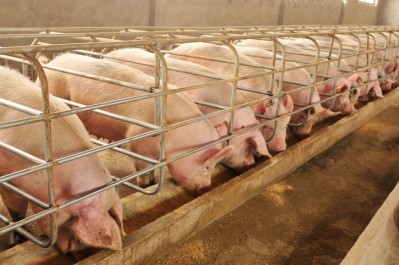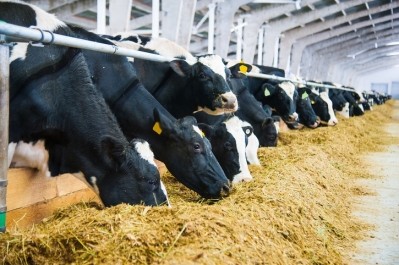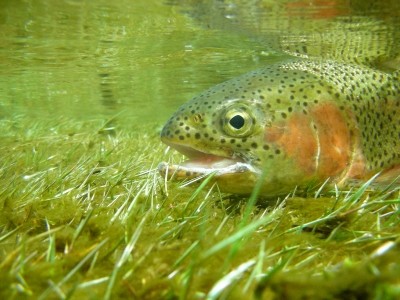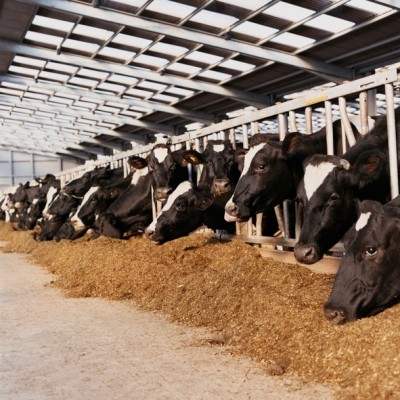Special Edition: R&D trends in vitamins, minerals, amino acids and yeast cultures
'We still need to get a better understanding of the rumen microbial ecosystem function with regard to methane emission,' - Lallemand

The company had collaborated with the Natural Resources Institute in Finland and France’s agriculture research institute, INRA, in that original piece of research, which was published in the Journal of Dairy Science in January 2015.
The study explored the potential of dietary supplements of two live yeast strains (Saccharomyces cerevisiae) or camelina oil to lower ruminal methane (CH4) and carbon dioxide (CO2) production and the associated effects on animal performance, rumen fermentation, rumen microbial populations, nutrient metabolism, and milk fatty acid (FA) composition of cows fed grass silage-based diets were examined.
Results indicated that the live yeasts in question had no influence on animal performance, ruminal gas production, rumen fermentation, or nutrient utilization in cows fed grass silage-based diets.
While the team found that dietary supplements of camelina oil decreased ruminal CH4 and CO2 production, they also saw such additives lowered the yields of milk and milk constituents due to an adverse effect on intake.
Dr Chaucheyras-Durand, one of the authors of the study and the research manager at Lallemand, told FeedNavigator such findings “can be explained by the fact that we were only at the beginning of this type of study and we still need to get a better understanding of the rumen microbial ecosystem function with regard to methane emission.
Moreover, we did not have enough data about measurement methods and at the moment there is still no consensus on a validated measurement method.
This research is only preliminary work to a bigger program which is just starting.”
Larger project
The Canadian company is part of a consortium between INRA and ten private sector partners that was created to design and conduct a common research project aimed at identifying and validating indicators of enteric methane produced by ruminants.
Livestock systems face a major worldwide challenge: to meet the growing demand for animal products and to reduce at the same time the environmental impacts and the competition for food resources. Ruminants are major producers of GHG emissions including methane and less efficient transformers of the food resources they consume than monogastric animals.
“This initiative will look to quickly overcome bottlenecks both [in terms of] research and for the ruminant production sector,” said Chaucheyras-Durand.
Adisseo, DSM, InVivo NSA, Valorex, and the Institut de l’élevage are some of the other industry players involved in the INRA led project.
“Our expertise is in feed additives and silage inoculants, partners come from animal nutrition and the feed additives sector, but also [the] genetic [side]. The overall goal is to generate data and knowledge, validate methods, identify and validate specific indicators and develop new approaches on rumen function and microorganisms.
In the long term, this will allow us to select the right microbial strains for these specific applications,” said Chaucheyras-Durand.
Source: Journal of Dairy Science
Title: Effect of camelina oil or live yeasts (Saccharomyces cerevisiae) on ruminal methane production, rumen fermentation, and milk fatty acid composition in lactating cows fed grass silage diets
DOI: http://dx.doi.org/10.3168/jds.2014-7976
Authors: A. R. Bayat, P Kairenius, T. Stefanski, H. Leskinen, S. Comtet-Marre, E. Forano, F. Chaucheyras-Durand, K. J. Shingfield












